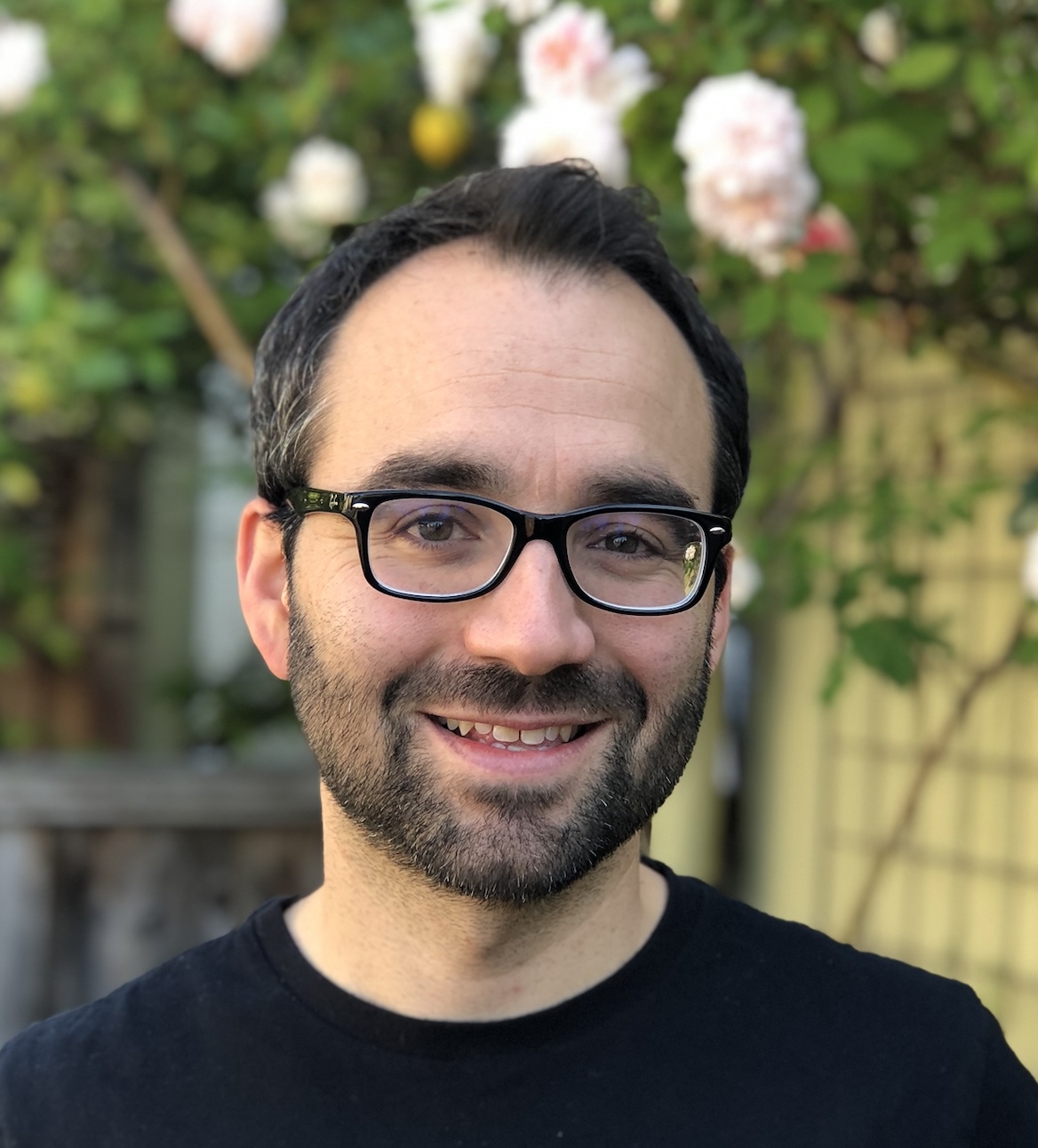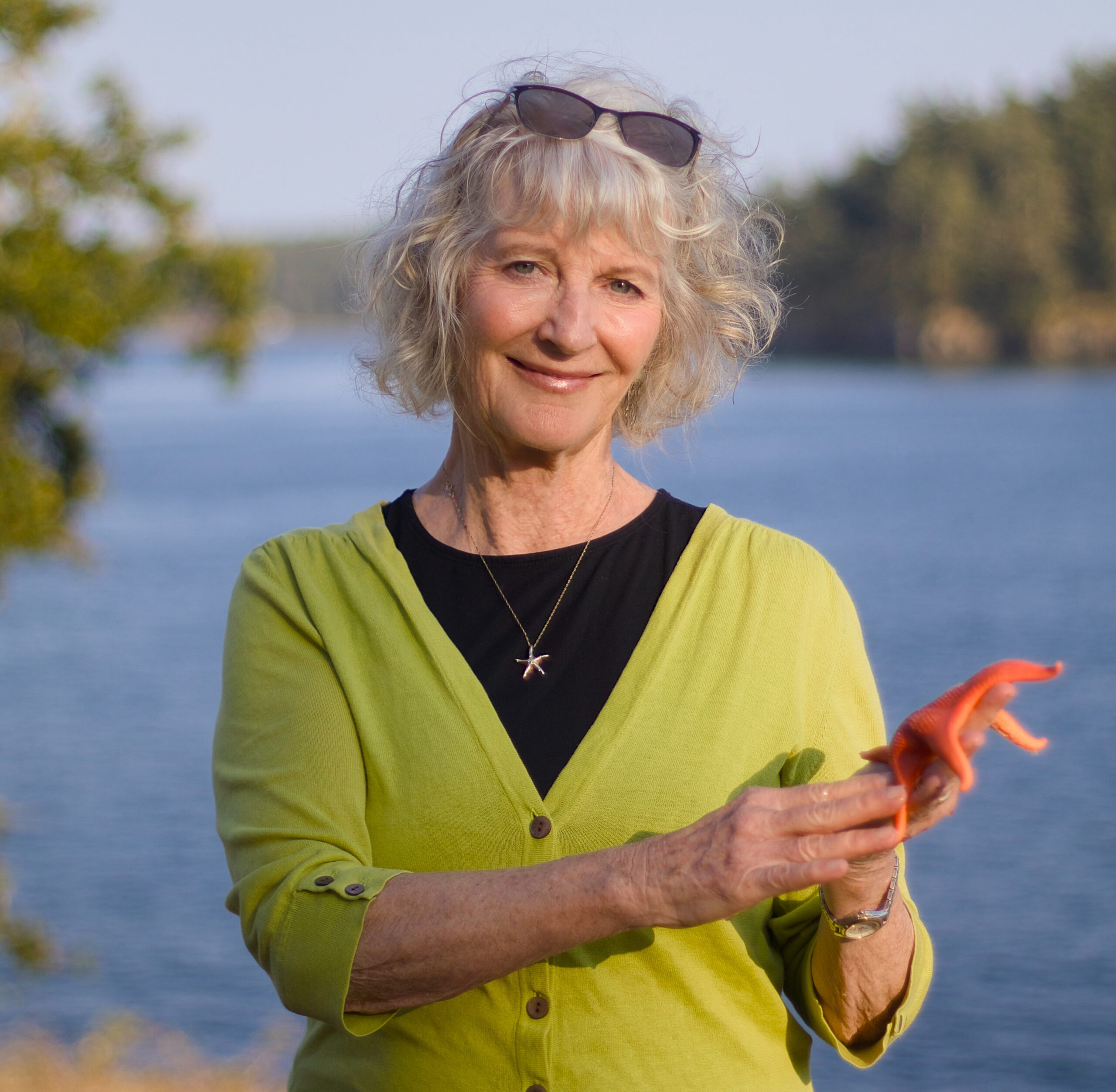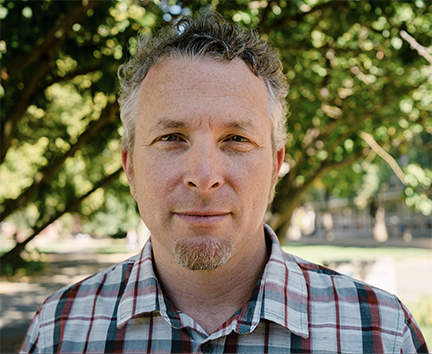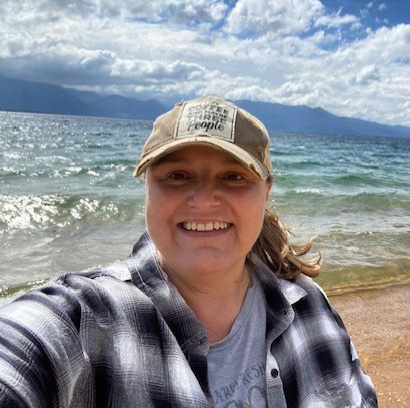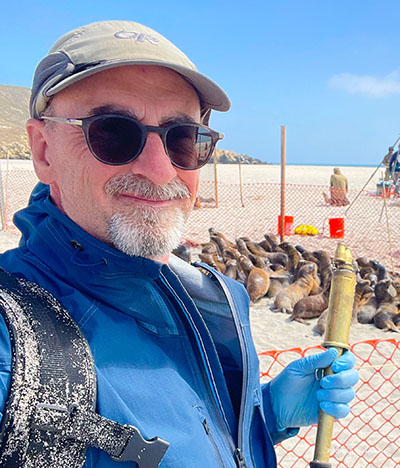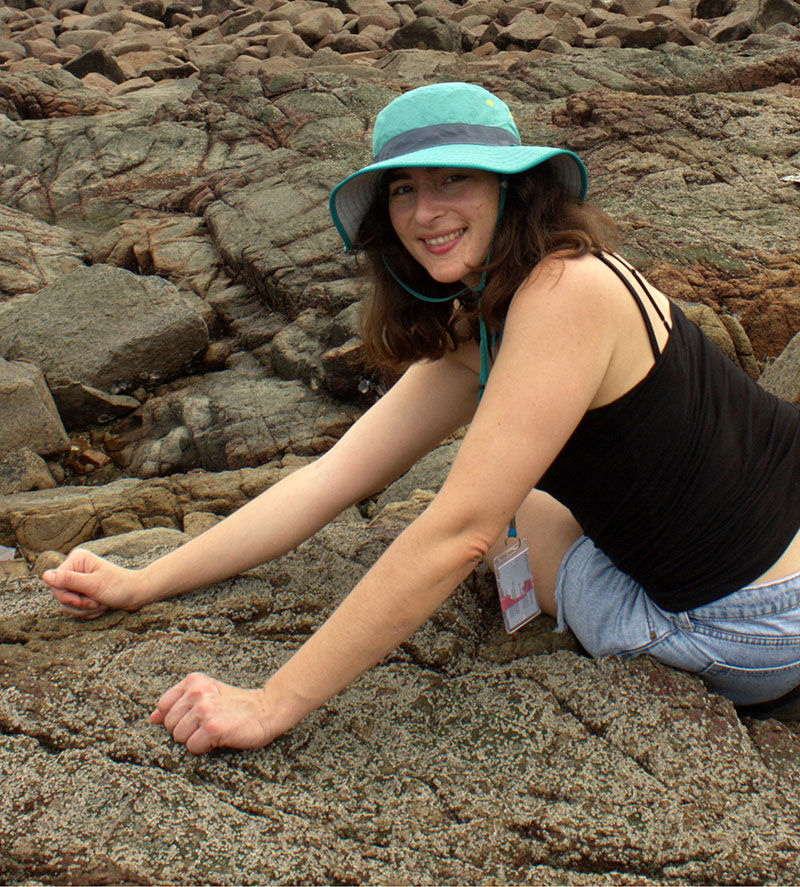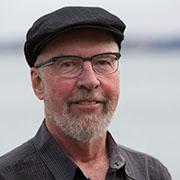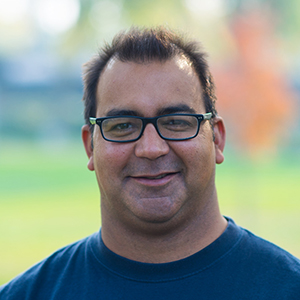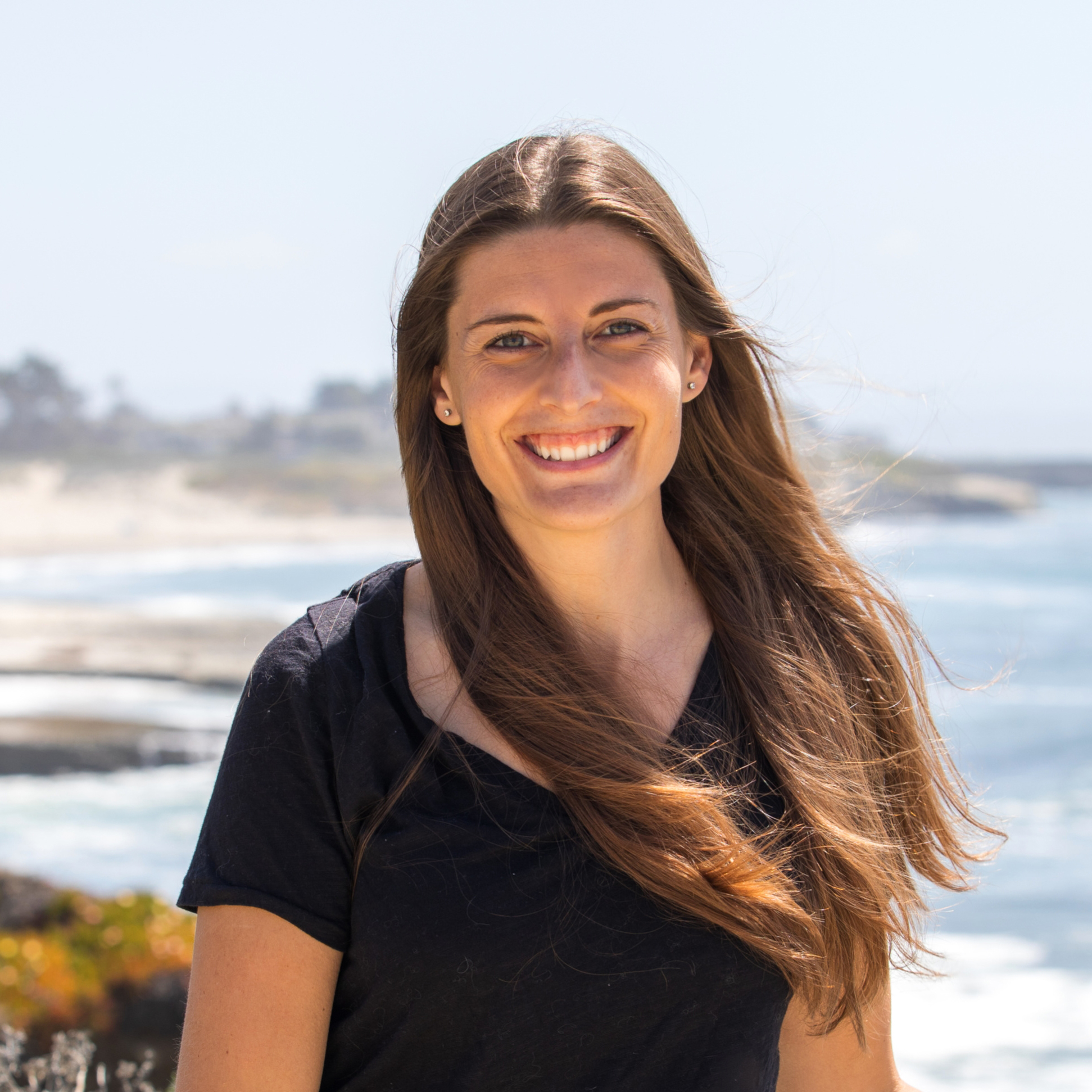Rosenberg Institute Seminar Series - Albert Ruhí
Albert Ruhí, Associate Professor, Dept. of Environmental Science, Policy and Management, Miller Professor, Miller Institute for Basic Research in Science, University of California, Berkeley
Dynamics of estuarine food webs under climate change and habitat restoration: Insights from the San Francisco Estuary
Abstract: The San Francisco Estuary is a valuable “field laboratory” for studying how aquatic food webs respond to stressors. Drawing on recent work from my group, I will show how biological diversity, phenological synchrony, and energy-pathway recovery influence estuarine ecosystem resilience. Time-series analysis on long-term biomonitoring data reveals that diverse fish life histories and spatial heterogeneity provide portfolio effects that buffer fish recruitment from climatic fluctuations. Yet, phenological shifts in zooplankton and fishes are increasingly asynchronous, signaling growing potential for trophic mismatches under warming and salinity change. At finer scales, stable-isotope analyses across a chronosequence of restored marshes indicate that hydrologic reconnection alone does not immediately rebuild trophic structure: algal pathways recover quickly, but detrital pathways lag. Together, these studies highlight the importance of integrating biocomplexity, timing, and energy-flow metrics into monitoring and restoration, to sustain food-web functioning in a rapidly changing estuary.
Bio: Albert Ruhí is an aquatic ecologist and Associate Professor at the University of California, Berkeley. His group’s research combines large-scale data analysis and field experiments to understand how hydrologic regimes shape river and wetland food webs. Much of his work focuses on water-scarce regions, including the Mediterranean Basin and the American Southwest, and has recently led several research projects on Bay-Delta food-web dynamics and fisheries. Previously, he held positions at Arizona State University and at the National Socio-Environmental Synthesis Center. Dr. Ruhí has published over 80 papers, and received honors including the NSF CAREER, the California Sea Grant New Faculty Award, and the Miller Professorship.
